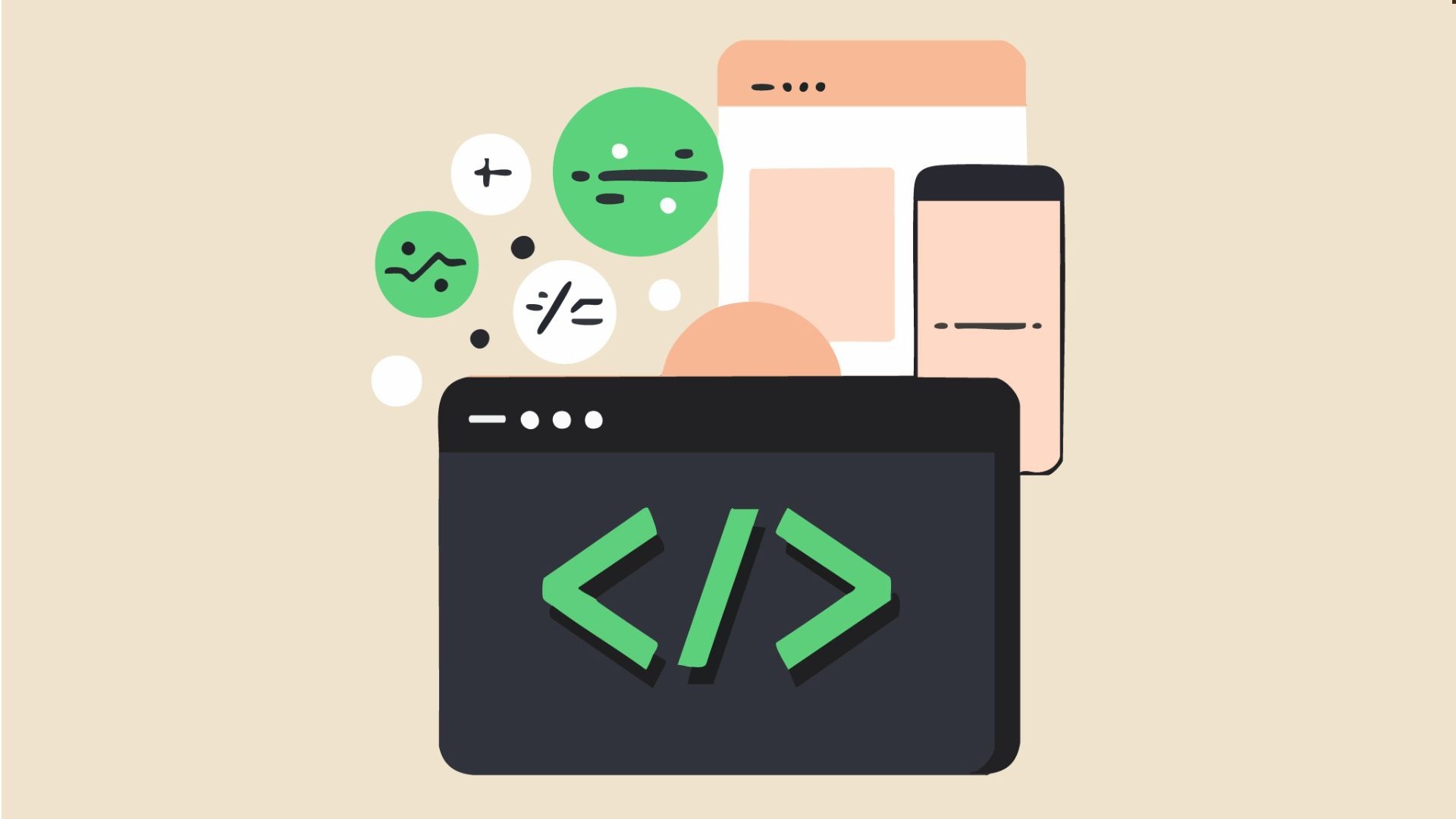How to Find and Hire a Web Developer That Fits Your Project
Updated on
Published on

Whether you're launching a new website, updating an existing one, or building a custom application, finding the right web developer is crucial for success. A skilled freelance web developer can bring your vision to life while staying within your budget and timeline. In this guide, we'll walk through the steps to identify, evaluate, and hire the perfect fit for your project.

Define Your Project Requirements
Before starting your search, clarify what you need. Begin by outlining your project's scope, including features like e-commerce integration, responsive design, or backend functionality. Consider your budget, deadlines, and any specific technologies required, such as React, Node.js, or WordPress. It's also wise to think about scalability, will your site need to handle high traffic in the future? Factor in user experience elements, like mobile optimization or SEO best practices, to ensure long-term viability.
Ask yourself key questions:
- What is the primary goal of the website?
- Do you need ongoing maintenance after launch?
- Are there any industry-specific compliance needs, like accessibility standards?
- How many users do you anticipate, and what performance benchmarks are essential?
Documenting these details in a project brief or requirements specification can streamline the process. This preparation helps you communicate effectively and attract developers who align with your vision, reducing misunderstandings and saving time down the line.
Where to Look for Web Developers
Once your requirements are set, explore reliable sources to find candidates.
Freelance Platforms
Websites like Upwork, Fiverr, and Freelancer offer vast pools of talent. Create a detailed job posting and review profiles with ratings, portfolios, and client feedback.
Professional Networks
LinkedIn is ideal for connecting with developers. Search using keywords related to your tech stack and reach out directly. Attend virtual meetups or join communities on Reddit's r/webdev or Stack Overflow.
Agencies and Referrals
If you prefer a team approach, consider web development agencies. For personalized recommendations, ask colleagues or check online reviews on sites like Clutch.co.
Evaluate Potential Candidates
Not all developers are created equal, so thorough vetting is essential.
- Review Portfolios: Look for projects similar to yours. Check for quality, user experience, and functionality.
- Check References: Contact past clients to learn about reliability, communication, and problem-solving skills.
- Assess Technical Skills: Conduct interviews or assign a small test task. Discuss their experience with relevant tools and ask about past challenges they've overcome.
- Evaluate Soft Skills: Ensure they communicate clearly, meet deadlines, and collaborate well.
Pay attention to red flags like vague responses or unrealistic promises.

The Hiring Process
With top candidates identified, move forward confidently.
Negotiate Terms
Discuss rates, payment structures (hourly vs. fixed), and milestones. Use contracts to outline deliverables, revisions, and intellectual property rights.
Onboard Effectively
Provide access to necessary tools and resources. Set up regular check-ins to track progress and address issues early.
Foster a Positive Relationship
Encourage open communication and offer constructive feedback. This can lead to long-term partnerships for future projects.
Common Pitfalls to Avoid
Don't rush the process, hiring the cheapest option often leads to costly revisions. Also, avoid micromanaging. Trust their expertise while staying involved.
By following these steps, you'll secure a web developer who not only meets your technical needs but also enhances your project's overall success. With the right match, your website can become a powerful asset for your business.









